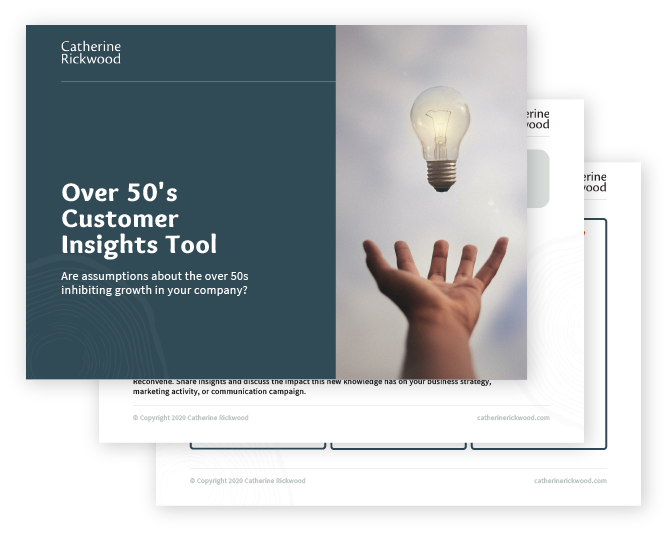An alarming number of women over 50 in Australia today are doing it tough. A lady I encountered in the Sydney CBD served as a stark reminder…
Thin as a rake; shaking from the cold wind; tattered clothes and shoes; bright, piercing blue eyes and hands outstretched. I stopped and talked with her. She said she was 66 and willing to work. But no one would offer her a job. Consequently, she’s now homeless and survives on just one meal a day.
Australia’s invisible women
The woman I met is a visible reminder of an otherwise invisible demographic. Homeless women over 55 are the fastest growing demographic of people experiencing homelessness.
Unfortunately, for homeless older women, they wear a double-layered invisibility cloak. The first layer is an outcome of the generally low value society attributes to older women. The second is their ‘hidden’ homelessness. To escape the dangers of living on the streets, many homeless women choose to stay in temporary accommodation or with friends. Alternatively they’ll couch-surf or live out of their cars – which is why the lady in the Sydney CBD was such a wake up call. We’re leaving so many women like her behind.
Prevention vs Cure: The 3 steps for Human Resources
Ageism continues to be an issue in the workplace. A survey conducted in 2015 by the Australian Human Rights Commission revealed that more than a quarter of Australians aged 50 years and over had experienced age discrimination in the workplace. In fact, there is more ageism in Australia than you might think, as this video shows.
Age discrimination is particularly pronounced for older women. Older women are too often dismissed as job candidates – especially after long career gaps due to child rearing or other caring responsibilities. Yet, women bring enthusiasm, energy, experience, and soft skills to the working environment that can make a significant contribution to business processes and outcomes.
Furthermore, as we now live into our 80s and beyond, we are on the cusp of creating a new future for work and workplaces. Increasingly there’s changing attitudes towards work and retirement. Indeed, older people are working for longer and even younger people intend to work long past the traditional retirement age of 65.
To accommodate and leverage this attitudinal shift, reduce the inequities for women, and potentially contribute to a reduction in homelessness, HR professionals are invited to take these first 3 steps:
- Start the conversation about recruiting, training, and retaining older workers.
- Develop flexible work policies and practices that accommodate people’s changing needs. E.g. intergenerational job sharing
- Recognise that many people no longer consider 65 as ‘the end of the road’ for work. It’s time organisations harness the knowledge, skills, and expertise of older workers for the benefit of all.
But most importantly, recognise that a woman over 50 is someone to employ. She’s powerful and interesting. She seeks new challenges that have a purpose. Ultimately, she wants work that utilises her strengths, skills, and experience.
Final note: the power of work for older women
The causes of homelessness and poverty amongst older women in Australia vary. Aside from the provision of affordable housing, offering older women (and indeed all women) appropriate, flexible, and meaningful work and career options is essential to breaking the cycle of disadvantage. Moreover, employment pathways for older women** will be crucial to overcoming:
- The 47% less superannuation women retire with compared to men (and they live 5 years longer than men on average); and
- The 34% of women over 60 in permanent income poverty (compared to 27% of single older men and 24% of couples).
**If you are over 45, female (or male) and looking for work, take a look at the Federal Government’s Workplace Gender Equality Agency [https://www.wgea.gov.au/].
Some other great recruitment agencies specialising in older workers are:
- au.oneshiftjobs.com/
- olderworkers.com.au
Also check out these organisations that are supporting female entrepreneurs of all ages to start their own businesses:



